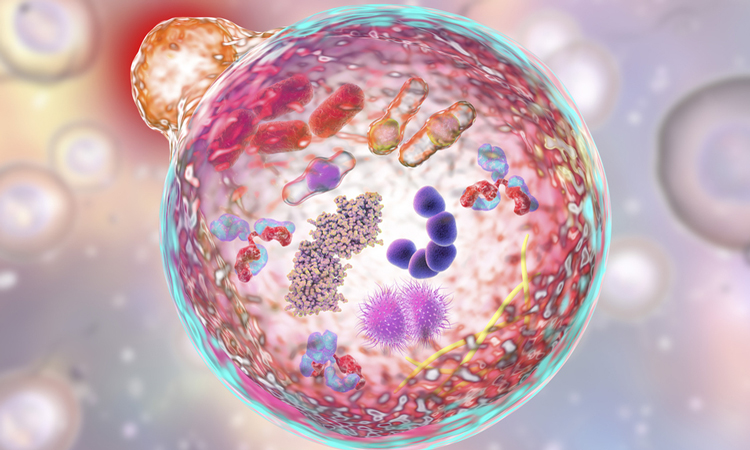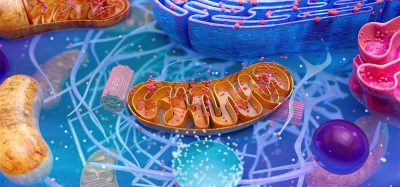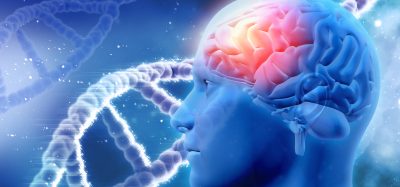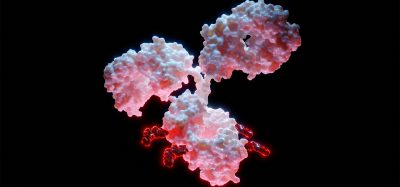Immune cell autophagy discovery could optimise cancer therapies
Posted: 23 January 2020 | Victoria Rees (Drug Target Review) | No comments yet
Researchers reveal importance of IL-15 in T cell autophagy in the liver, presenting a potential strategy to enhance immunotherapies.


Researchers at University College London (UCL), UK have discovered how immune cells are able to ‘recycle’ material within themselves to stay healthy and function properly, a breakthrough finding which they suggest could lead to more effective immunotherapies. The scientists investigated how autophagy, a process which allows intracellular components to be degraded and replaced, takes place in liver-based T cells.
Understanding how human T cells are adapted for autophagy opens up the possibility of manipulating this dynamic process”
They discovered that T cells in the liver had an enhanced rate of autophagy and that this is enabled by the presence and action of a soluble messenger protein found in the liver: the IL-15 cytokine.
This is the first study to identify that IL-15 can boost autophagy in human T cells and the researchers believe this new understanding could enable emerging immunotherapies.
According to the authors, the liver is a common site for chronic viral infection and tumours and T cells play a key role in protecting against these. T cells within the liver must adapt to the stressful microenvironment, with low levels of oxygen and an abundance of inhibitory signals, to find ways of maintaining prolonged survival and functionality.
Corresponding author, Dr Leo Swadling, said: “We discovered that a population of T cells able to live exclusively within the human liver can switch on autophagy to maintain nutrient supply and renew organelles like mitochondria to maintain their fitness. We could imprint this same adaptation on T cells taken from blood by exposing them to the cytokine IL-15.”
Lead author, Professor Mala Maini, said: “Understanding how human T cells are adapted for autophagy opens up the possibility of manipulating this dynamic process, which could enable a wide range of new and effective therapeutic possibilities.
“For instance, we can now investigate whether modulating autophagy rates can be used to improve emerging immunotherapies for cancer and chronic viral infection (such as CAR T cells), where T cells must persist and function in diverse tumour and tissue microenvironments.”
The study was published in Cell Reports.
Related topics
Cytokines, Drug Targets, Immunotherapy, T cells
Related conditions
Cancer, viral infections
Related organisations
University College London (UCL)
Related people
Dr Leo Swadling, Professor Mala Maini








